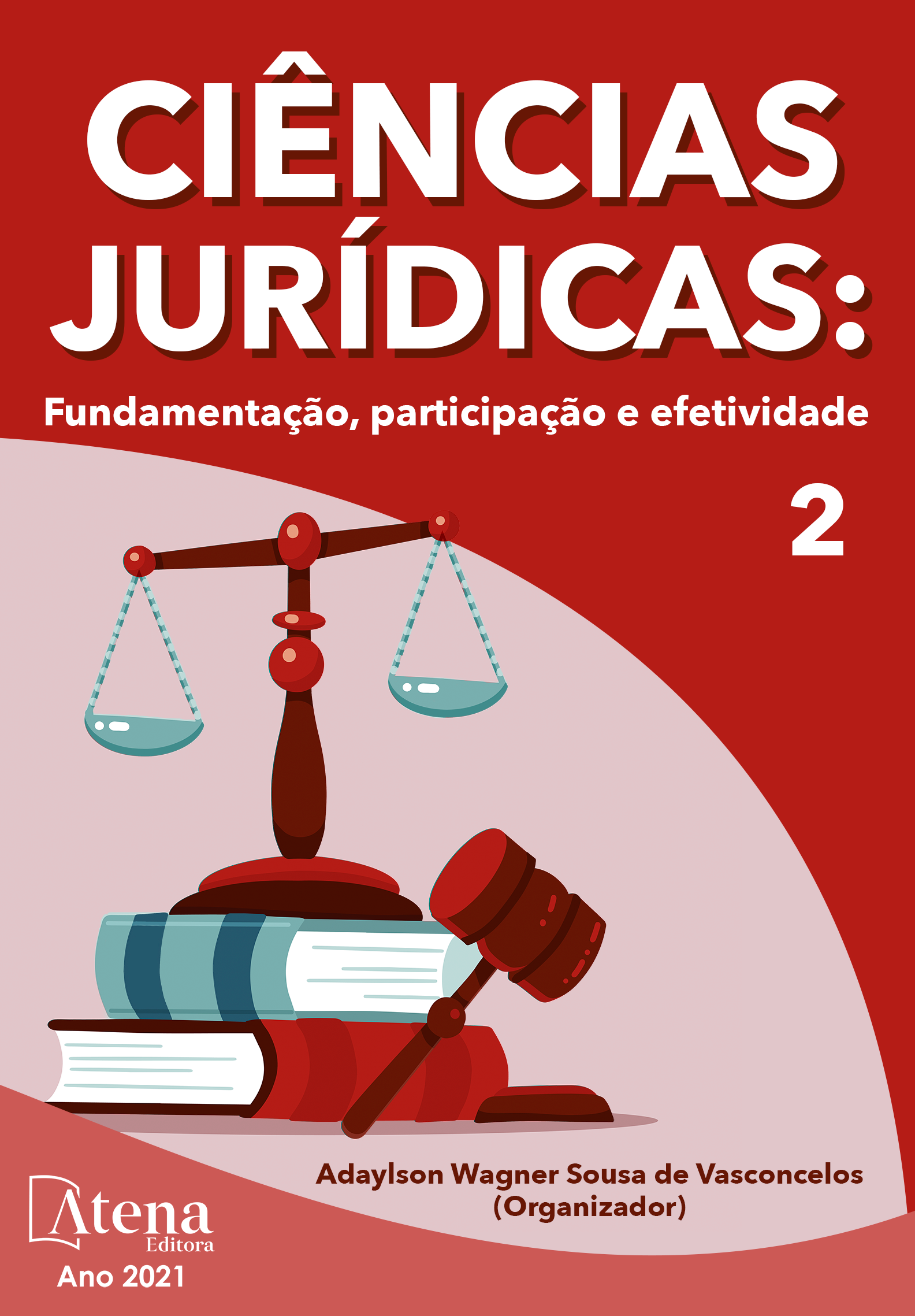
GUERRA ÀS DROGAS: OS LIMITES ENTRE O LEGAL E O ILEGAL DA POLÍTICA PROIBICIONISTA E O SEU LEGADO NA SOCIEDADE AMAZONENSE
O presente artigo analisa e mensura a influência do tráfico de drogas e a consequente violência que esse gera no âmbito urbano da cidade de Manaus. Tem como base o impacto gerado pela Lei 11.343/06, conhecida como Lei de Drogas, que prescreve medidas para prevenção do uso indevido, atenção e reinserção social de usuários e dependentes de drogas; estabelecendo normas para repressão à produção não autorizada, ao tráfico ilícito de drogas, mantendo ainda a diferenciação do usuário para o traficante.
O uso de substâncias alucinógenas polariza as opiniões tão brutalmente que traz a ideia de que existem apenas duas opções para solucionar o problema: legalizar ou criminalizar o uso de entorpecentes. O objetivo será analisar, através do método dedutivo, a finalidade para qual a Lei de Drogas foi criada e
qual foi a preocupação do Governo; mensurar o quão grave e grande foi o problema trazido pela política proibicionista que deixa a relação usuário-traficante em uma linha tênue entre o legal e o ilegal, punindo o usuário, mas deixando o “chefão” do crime organizado do tráfico de drogas “livre” e afetando a vivência em sociedade, transformando o tráfico de drogas em uma ameaça à
Segurança Nacional, pois força o Estado a combate-lo com armas de fogo em ambiente urbano, assumindo a possibilidade de envolver e vitimizar cidadãos que não são ligados ao tráfico. O mercado do tráfico é tão forte e lucrativo, que os traficantes sustentam um poderio bélico bem mais potente que o
disponibilizado para os Agentes de Segurança Pública. E a população continua vivendo em extrema sensação de insegurança, no meio do campo de guerra.
GUERRA ÀS DROGAS: OS LIMITES ENTRE O LEGAL E O ILEGAL DA POLÍTICA PROIBICIONISTA E O SEU LEGADO NA SOCIEDADE AMAZONENSE
-
DOI: 10.22533/at.ed.9062115066
-
Palavras-chave: narcotráfico, “Guerra às Drogas”, violência urbana, Lei 11.343/06, Lei 13.840/2019.
-
Keywords: drug trafficking,
-
Abstract:
This article analyzes and measures the influence of drug trafficking and the violence that it generates in the urban field of the city of Manaus. It's based on the impact generated by Law 11.343 / 06, known as the Drug Law, which prescribes rules to prevent misuse, care, and social reintegration of drug users; establishing rules for suppressing unauthorized production and trafficking of illicit drugs while maintaining differentiation between the user and the trafficker. The use of hallucinogenic substances polarizes opinions so brutally that brings the idea that there are only two options to solve the problem: legalize or criminalize the use of narcotics. The objective will be to analyze, through the deductive method, the purpose for which the Drug Law was created and what was the Government's concern; measure how severe and great is the problem created by the prohibitionist policy that leaves only a fine line between the concepts of user and trafficker, punishing the user, but leaving the “big boss” of organized crime of drug trafficking “free” and affecting social life, transforming drug trafficking into a threat to National Security, as it forces the State to fight it with firearms in an urban environment, assuming the possibility of involving and victimizing citizens that are not linked to trafficking. The trafficking market is so strong and profitable that traffickers maintain a much more powerful military power than the made available to Public Security Agents. And the population continues living in an extreme sense of insecurity, right in the middle of the war field.
-
Número de páginas: 14
- Stefanie Natalina da Silva Alecrim


